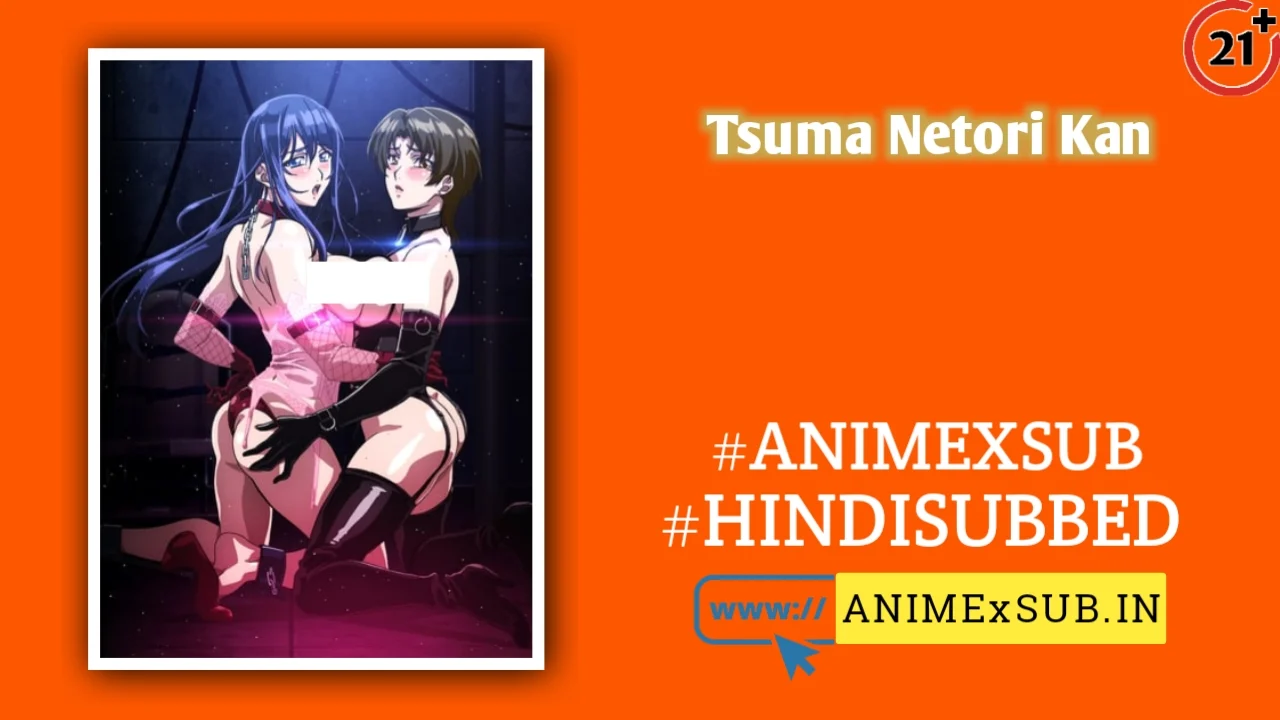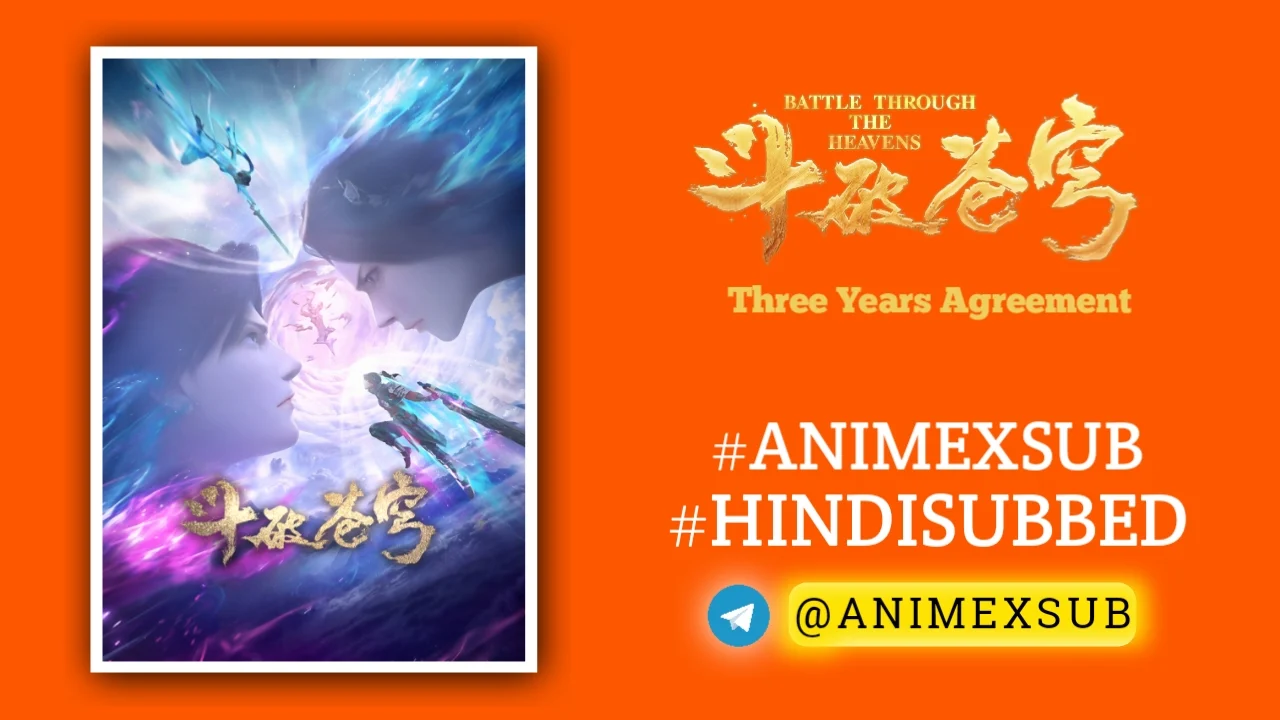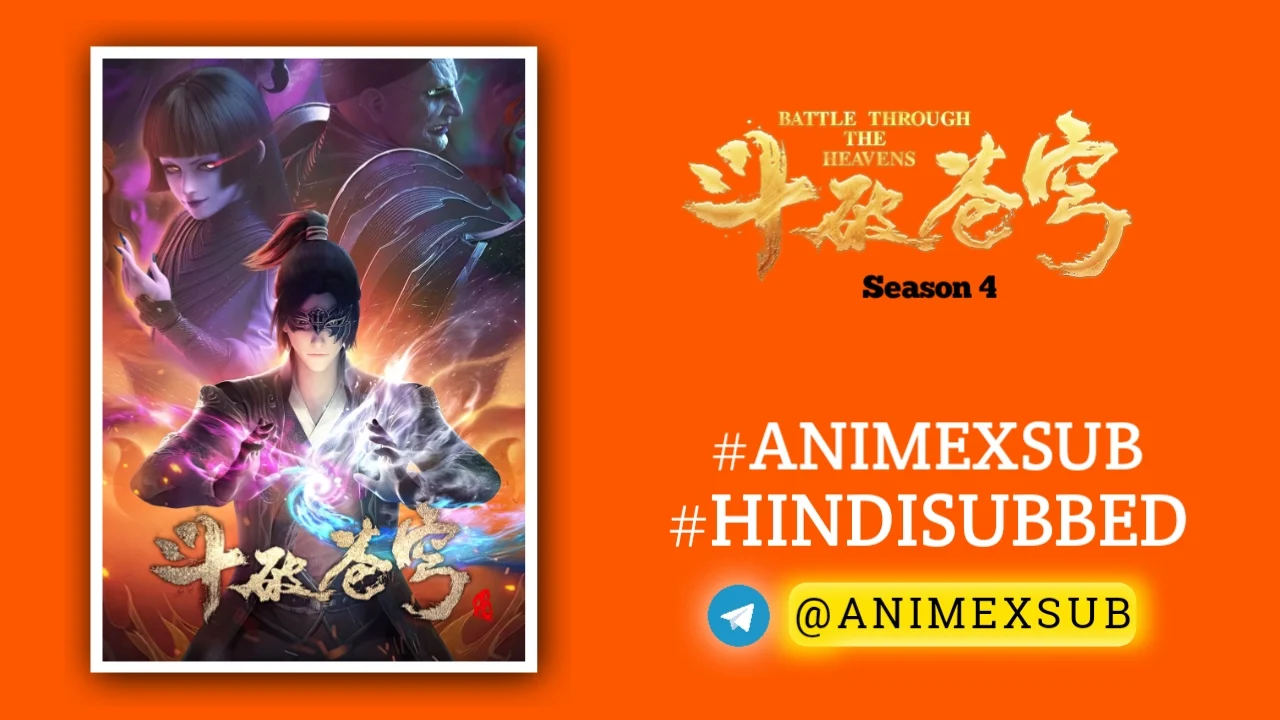
Wife Stealing: Endless Indecency Hindi Subbed [5/5] | Tsuma Netori: Ryoujoku Rinne Hindi Sub {18+}

Tsuma Netori: Ryoujoku Rinne
Wife Stealing: Endless IndecencySynopsis
Newly appointed PE teacher Ikumi Sunohara’s elegant features and curvy, athletic body makes her an instant hit with the male students. However, one man gazes at Ikumi with a strange, suggestive stare. The man is Shiro Yasuno, the same twisted creep who trained and turned Ikumi's best friend into a sex slave! He smiles suspiciously at the appearance of his new prey, Ikumi.One night, Ikumi searches the desk of Shiro Yasuno, whom she has suspected for some time, to find clues about her missing best friend. But just as she does, Shiro ambushes her, before quickly restraining her and knocking her unconscious. When Ikumi wakes up, she finds herself in a special "training room" that Shiro had built in an old school building! While trying her best to hide her uneasiness, Ikumi angrily curses out Shiro! Little did she anticipate the real horrors of Shiro's "training" were about to begin...(Source: Coolmic, edited) Note: Spin off of the erotic game by Black Lilith.
Characters
Episodes
Tsuma Netori Hentai: A Deep Dive into a Controversial Genre
Tsuma Netori is a niche subgenre of hentai that has garnered significant attention for its provocative themes and complex emotional narratives. Unlike mainstream hentai, which often focuses on fantastical or lighthearted scenarios, Tsuma Netori delves into the taboo dynamics of infidelity, power struggles, and psychological tension, specifically where the protagonist actively pursues or “steals” a married woman. This article explores the unique elements, narrative depth, and polarizing reception of Tsuma Netori hentai, with a focus on its storytelling, artistic qualities, and cultural impact, while avoiding promotional content.
Defining Tsuma Netori: Themes and Narrative Core
Tsuma Netori (literally “wife stealing”) is a subset of the broader netori genre, which centers on the protagonist taking a romantic or sexual partner from another character, often through seduction, coercion, or manipulation. Unlike its counterpart, netorare (NTR), where the protagonist’s partner is taken by someone else, Tsuma Netori positions the viewer or reader as the instigator, creating a power fantasy laced with moral ambiguity. The genre often explores themes of forbidden desire, betrayal, jealousy, and emotional turmoil, set against the backdrop of complex relationship dynamics.
The narratives typically revolve around a married woman—often portrayed as loyal, vulnerable, or conflicted—who becomes the target of the protagonist’s advances. Stories may incorporate elements like blackmail, coercion, or consensual seduction, with plots ranging from psychological dramas to darker explorations of exploitation. Tsuma Netori: Ryoujoku Rinne (Wife Stealing: Endless Indecency), one of the most well-known examples, follows Ikumi Sunohara, a high school P.E. teacher who is blackmailed and coerced into compromising situations to protect her family, highlighting the genre’s penchant for intense emotional stakes and ethical dilemmas.
Artistic and Technical Strengths
Tsuma Netori hentai often stands out for its high production values, particularly in its visual and narrative execution. Many titles, such as those produced by Black Lilith (e.g., the 2013 visual novel Tsuma Netori), feature artwork by acclaimed artists like ZOL, known for detailed character designs and expressive CGs that enhance the emotional weight of the story. The animation quality in adaptations like Tsuma Netori: Ryoujoku Rinne (2018) and Tsuma Netori Zero: My Mistake, Her Choice (2024) is often praised for its fluid motion, vivid color palettes, and attention to character expressions, which amplify the tension and drama.
The genre also experiments with sensory details, such as an emphasis on smells, textures, and bodily sensations, which add a layer of immersion not always present in other hentai subgenres. For example, Tsuma Netori: Ryoujoku Rinne incorporates references to bodily musk and tactile experiences, catering to specific audience preferences while maintaining an artistic edge just short of extreme fetishes. This focus on sensory detail, combined with themes like bondage, humiliation, and psychological transformation, creates a distinctive aesthetic that sets Tsuma Netori apart.
Recent Releases and Evolving Storytelling
Recent iterations of Tsuma Netori have pushed the boundaries of the genre by blending traditional elements with more nuanced storytelling. Tsuma Netori Zero: My Mistake, Her Choice (2024) introduces a narrative centered on desire, betrayal, and the consequences of a single moment of weakness. The story explores how characters grapple with their choices, offering a raw examination of human nature through dramatic encounters and unexpected plot twists. Viewer ratings for this title average 2.8 to 3.1 out of 5, reflecting mixed reception due to its heavy themes but also its ability to provoke strong emotional responses.
Another recent addition, Tsuma Netori Rei: Boku no Ayamachi Kanojo no Sentaku (2024), continues the franchise’s tradition of complex narratives, focusing on a character named Makoto and her tumultuous relationships. Fan discussions on platforms like Reddit highlight a desire for stories that move beyond exploitative tropes toward more emotionally satisfying conclusions, such as happy endings where relationships are redefined rather than destroyed. However, some fans express frustration with ambiguous or unresolved endings, as seen in debates about the director’s intentions in blending netori, netorare, and netorase elements.
Critical Reception and Audience Perspectives
The Tsuma Netori genre is polarizing, with reviews reflecting both fascination and discomfort. Fans of the genre, as seen in communities like MyAnimeList and Reddit, praise its ability to evoke intense emotions through taboo scenarios. For instance, Tsuma Netori: Ryoujoku Rinne is lauded for its rewatchability and the compelling portrayal of Ikumi’s transformation, with some viewers appreciating the psychological depth of her struggle to protect her sister and husband. The inclusion of specific fetishes, like enemas and sensory details, is often cited as a bold artistic choice that enhances immersion for its target audience.
Conversely, critics and some fans, particularly in anti-NTR communities, argue that the genre glorifies unethical behavior and can leave viewers feeling uneasy or alienated. A Reddit thread from January 2025 expresses strong disapproval of Tsuma Netori Rei, with users decrying the genre’s reliance on “ugly bastard” antagonists and calling for narratives that empower characters rather than depict them as victims. Others advocate for wholesome reinterpretations, such as fanfiction that reimagines characters like Makoto in healthier relationships. This divide underscores the genre’s challenge: balancing provocative themes with emotional resonance.
Cultural and Ethical Considerations
Tsuma Netori’s appeal lies in its taboo nature, which challenges societal norms around fidelity and consent. However, this also raises ethical questions about the portrayal of coercion and manipulation. While some argue that the genre provides a safe space to explore forbidden fantasies, others caution that its themes can normalize harmful dynamics if not handled with care. The genre’s focus on power imbalances, particularly in titles like Tsuma Netori: Ryoujoku Rinne, where blackmail drives the plot, has sparked debates about the line between fantasy and exploitation.
Culturally, Tsuma Netori reflects a broader fascination in Japanese media with complex relationship dynamics, seen in related genres like netorare and netorase. Its visual novels, such as the 2013 Tsuma Netori game (translated into English in 2024 by Rattan Man Translations), have gained international traction, indicating a global audience for these stories despite their controversial nature. The genre’s detailed art and narrative depth appeal to those seeking more than surface-level erotica, though its accessibility is limited by its niche themes and availability on specialized platforms.
The Future of Tsuma Netori
As Tsuma Netori evolves, recent trends suggest a shift toward narratives that balance taboo themes with emotional depth. Fans are increasingly vocal about wanting stories that avoid “mindbreak” tropes in favor of character-driven resolutions, as seen in recommendations for titles like Moto Yankee Tsuma: Hinako, which offers a happier netori ending. The genre’s ability to adapt to these demands while retaining its provocative edge will likely determine its longevity.
In conclusion, Tsuma Netori hentai is a bold and divisive genre that combines high-quality artistry, psychological complexity, and taboo themes to create a unique viewing experience. Its exploration of forbidden desires and moral gray areas sets it apart from mainstream hentai, though its controversial nature demands critical engagement from its audience. Whether celebrated for its daring storytelling or critiqued for its ethical implications, Tsuma Netori continues to push boundaries, offering a lens into the complexities of human relationships and desires.












More h anime!
Okk 🌚